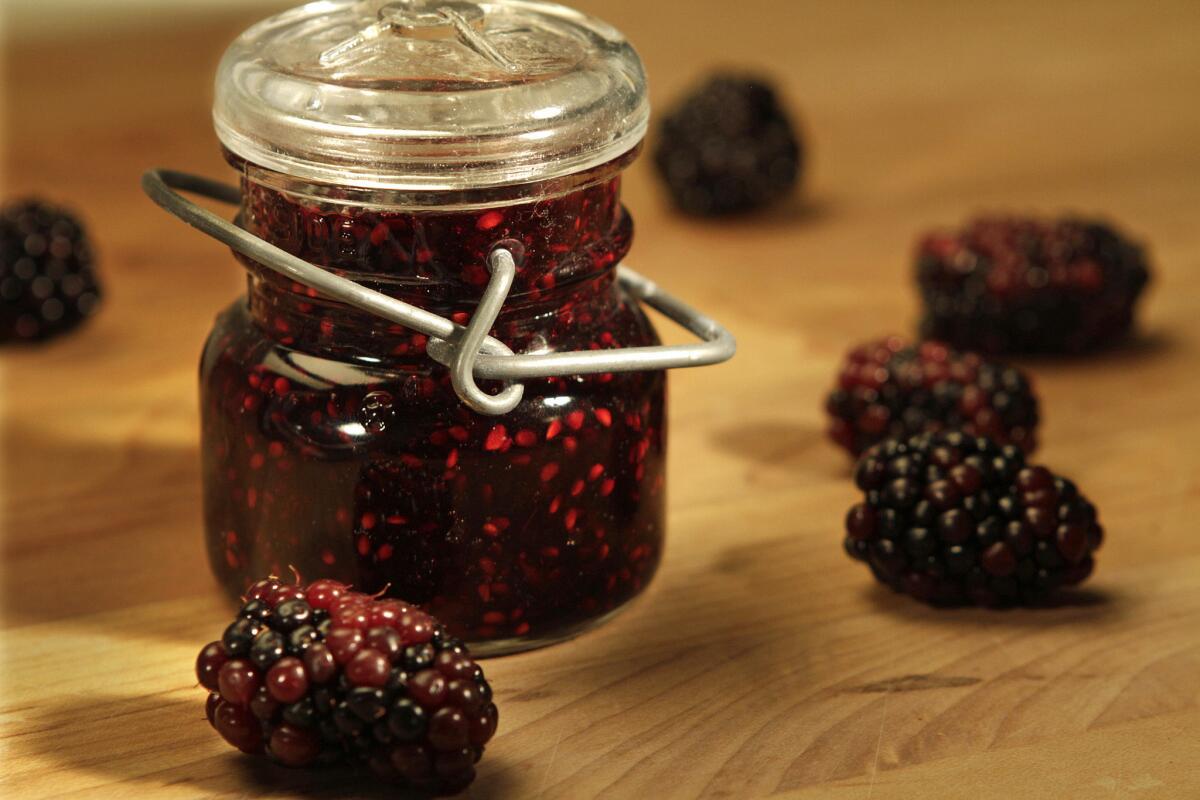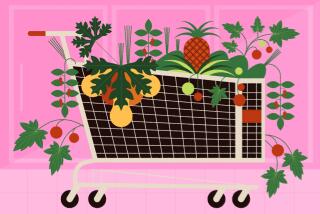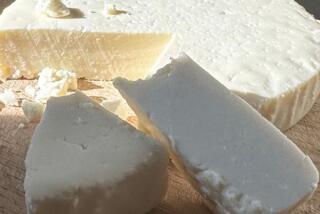Following the rules for making preserves to ensure delicious, safe jams and more

When I tell people I’m taking a canning and preserving course, they often say they’re afraid to make jams or pickles because of botulism, a paralyzing and sometimes fatal illness that can be food-borne. Our teacher, Ernest Miller, took that fear head-on in our second class.
I think we all were wide-eyed when he said that with two small jars of the botulinum toxin, we could rid the planet of all its humans. OK, then, time to listen carefully to the rules and regulations about making things safe. The good news is that there’s an antitoxin.
Following the directions from the U.S. Department of Agriculture is crucial, Miller said. That will avoid creating the conditions that mold, yeast and bacteria like.
“For beginners, you don’t want to mess with the recipes,” he said more than once. And I for one endorse that idea. If I make my holiday presents, they will be by the book.
On Wednesday night, in the cafe near the Hollywood farmers market called the Farmer’s Kitchen, we made several versions of apple slices in Mason jars: in juices, syrups and just water. Next week we’ll taste them and compare. But the main point was to follow the directions for canning. The process is not difficult, but there are rules.
(By the way, Miller said, it was Philadelphia tinsmith John Landis Mason who came up with the threaded lids to make screw-top jars, in the 1850s.)
We also made our own pectin, which was terrific, because pectin – the gelling agent in many jams and jellies -- is one of those strange things on the shopping list for putting up the harvest. Apples (along with quince and a few other things) are high in pectin, and so to make ours we boiled all of our peels and cores from our other projects – 3 pounds of scraps -- in 4 cups of water. Next week, we’ll learn how to test it for strength.
The course is a project of the nonprofit Food Forward and its Can It! Academy. It runs for 12 weeks, but Food Forward also offers shorter courses; check the website.
ALSO:
What to do with all those nectarines
Mary.MacVean@latimes.com
@mmacvean on Twitter
More to Read
Eat your way across L.A.
Get our weekly Tasting Notes newsletter for reviews, news and more.
You may occasionally receive promotional content from the Los Angeles Times.







